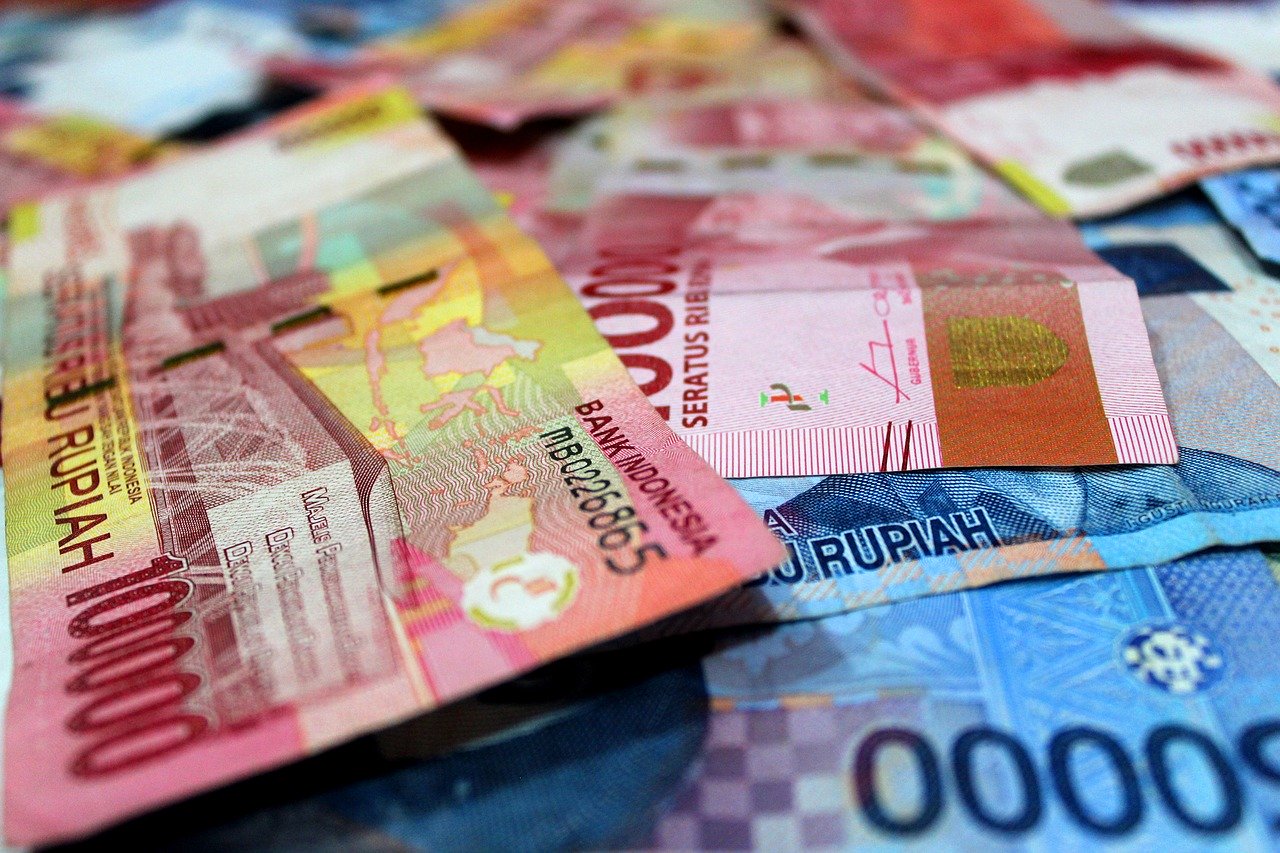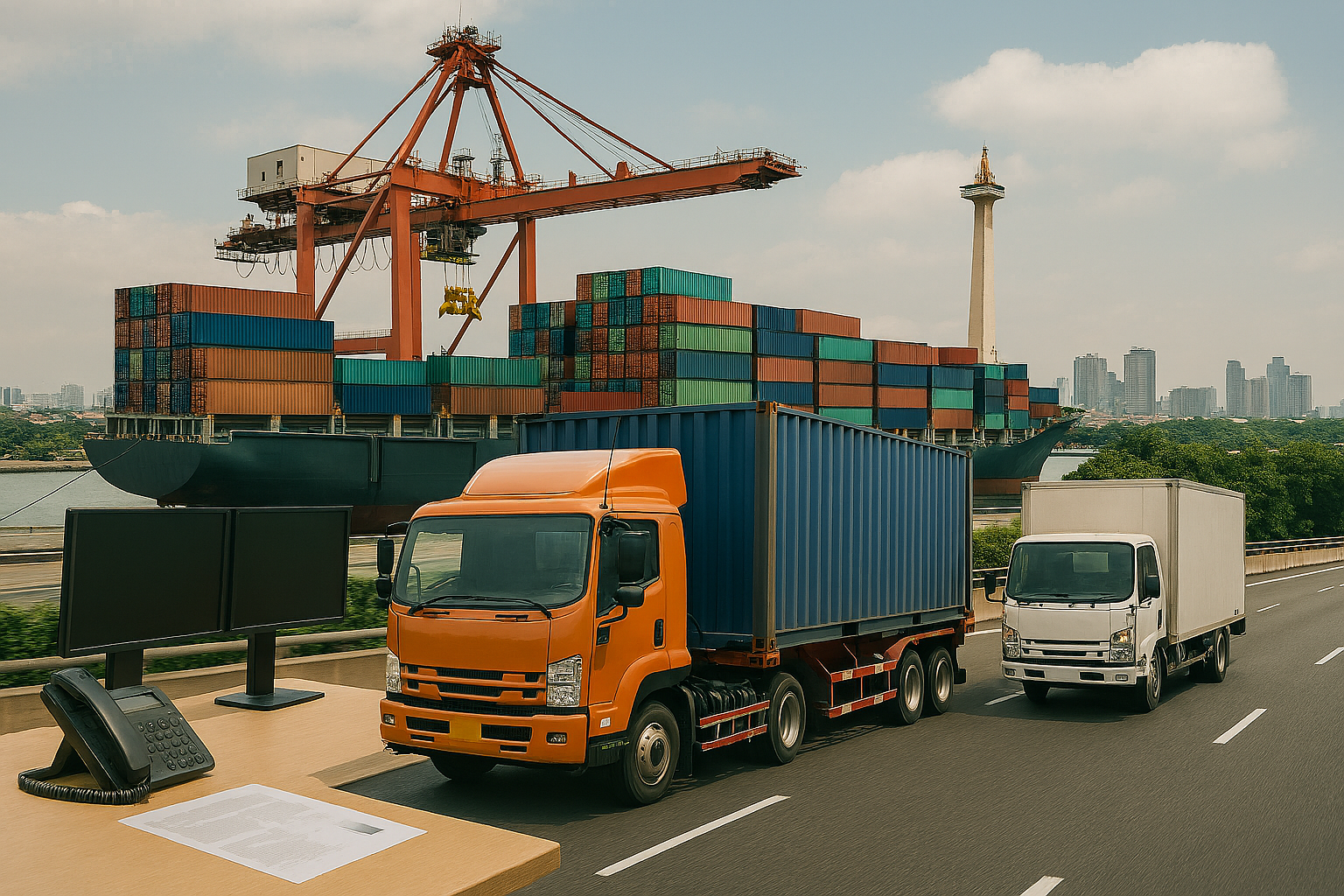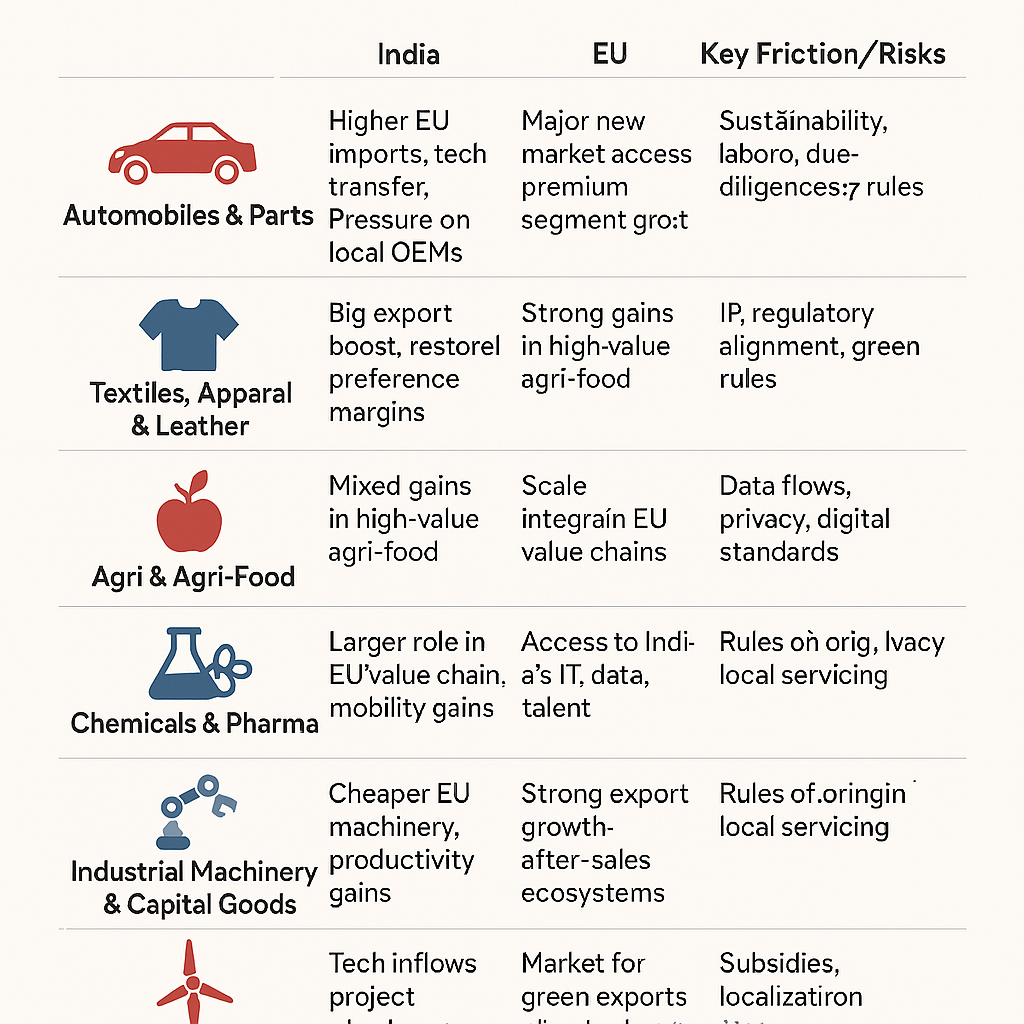ATIGA stands for the ASEAN Trade in Goods Agreement. It is a regional trade agreement among the member states of the Association of Southeast Asian Nations (ASEAN), which include Brunei Darussalam, Cambodia, Indonesia, Laos, Malaysia, Myanmar, the Philippines, Singapore, Thailand, and Vietnam.
The ASEAN Trade in Goods Agreement (ATIGA) was signed on February 26, 2009, and entered into force on May 17, 2010. It replaced the ASEAN Free Trade Area (AFTA) agreement, which had been in effect since 1992. ATIGA represents a significant milestone in ASEAN's efforts to promote regional economic integration and facilitate trade in goods among its member states.
ATIGA aims to promote and facilitate trade in goods among ASEAN member states by reducing or eliminating tariffs and non-tariff barriers, harmonizing customs procedures, and enhancing cooperation in trade-related areas.
Here are some key features and application rules of ATIGA:
- Tariff Reduction or Elimination: ATIGA aims to reduce or eliminate tariffs on goods traded among ASEAN member states. This is typically done through negotiations where member states agree to progressively reduce tariffs on various goods.
- Rules of Origin: ATIGA includes rules of origin provisions to determine the nationality of goods and ensure that only goods originating from ASEAN member states benefit from preferential tariff treatment. These rules help prevent non-ASEAN goods from entering the ASEAN market through a member state with the lowest tariffs.
- Harmonization of Customs Procedures: ATIGA seeks to harmonize customs procedures among ASEAN member states to facilitate trade and reduce administrative burdens on exporters and importers. This includes simplifying customs documentation and procedures, improving customs clearance processes, and enhancing cooperation among customs authorities.
- Trade Facilitation Measures: ATIGA includes provisions to facilitate trade by addressing non-tariff barriers, such as technical barriers to trade, sanitary and phytosanitary measures, and trade facilitation measures. These provisions aim to streamline trade processes and enhance market access for ASEAN goods.
- Dispute Settlement Mechanism: ATIGA establishes a dispute settlement mechanism to resolve disputes among ASEAN member states regarding the interpretation and implementation of the agreement. This mechanism provides a framework for peaceful resolution of disputes through consultations and other appropriate procedures.
Overall, ATIGA plays a crucial role in promoting regional integration and economic cooperation among ASEAN member states, contributing to the growth and development of the ASEAN Economic Community (AEC).




